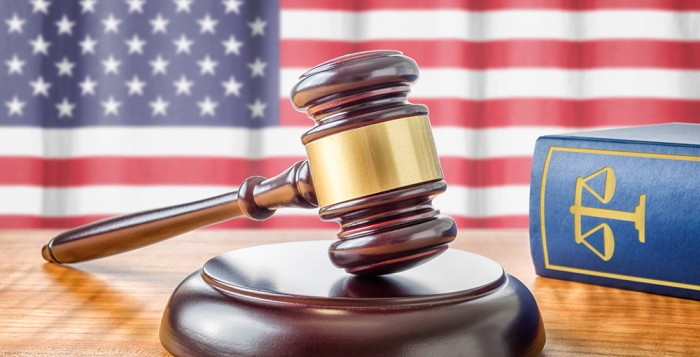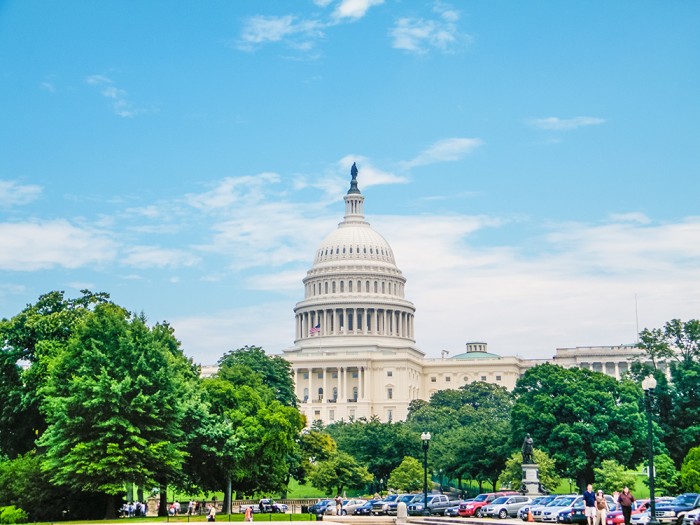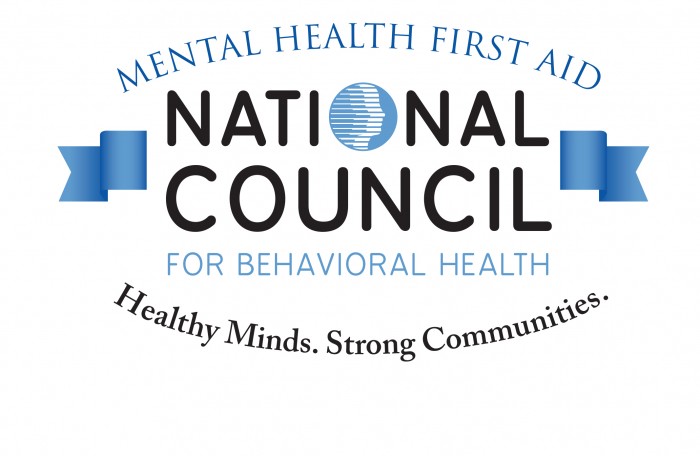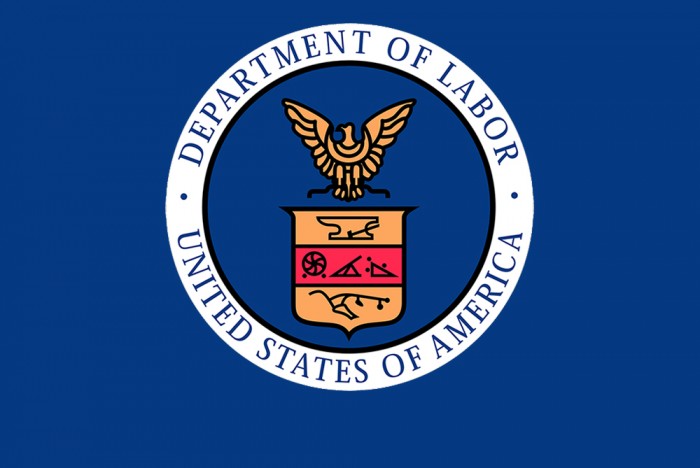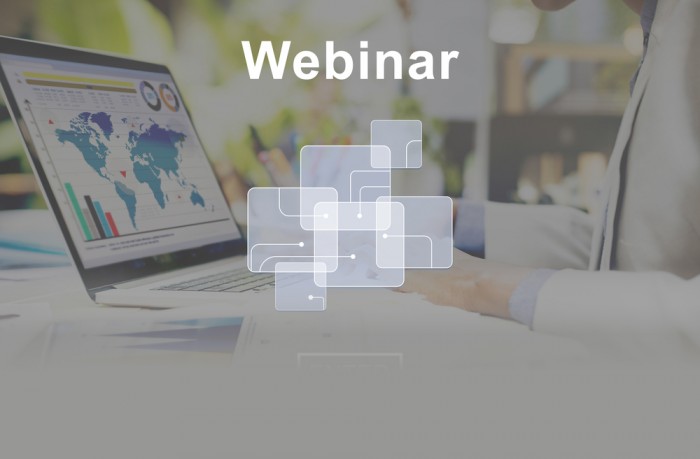From ANCOR:
Big news from HHS….and welcome news, considering the uncertain future of the 4th package negotiations between the House, the Senate and the Administration. See the highlighted sections below, but at first read, our members are eligible. (Note: the Medicaid only tranche was considered part of the Phase 2 General Distribution).
We will continue to dig into the details and also analyzing the reporting requirements that came out recently!
Statement from HHS:
Today, under the leadership of President Trump, the U.S. Department of Health and Human Services (HHS), through the Health Resources and Services Administration (HRSA), is announcing $20 billion in new funding for providers on the frontlines of the coronavirus pandemic. Under this Phase 3 General Distribution allocation, providers that have already received Provider Relief Fund payments will be invited to apply for additional funding that considers financial losses and changes in operating expenses caused by the coronavirus. Previously ineligible providers, such as those who began practicing in 2020 will also be invited to apply, and an expanded group of behavioral health providers confronting the emergence of increased mental health and substance use issues exacerbated by the pandemic will also be eligible for relief payments.
Providers can begin applying for funds on Monday, October 5, 2020.
“HHS has worked to ensure that all American healthcare providers receive support from the Provider Relief Fund in a fast and fair way, and this new round helps ensure that we are reaching America’s essential behavioral health providers and takes into account losses and expenses relating to coronavirus,” said HHS Secretary Alex Azar. “We’ve worked with all of the resources we have across HHS to ensure that America’s heroic healthcare providers know they can apply for support.”
HHS has already issued over $100 billion in relief funding to providers through prior distributions. Still, HHS recognizes that many providers continue to struggle financially from COVID-19’s impact. For eligible providers, the new Phase 3 General Distribution is designed to balance an equitable payment of 2 percent of annual revenue from patient care for all applicants plus an add-on payment to account for revenue losses and expenses attributable to COVID-19.
Further, HHS recognizes constraints such as the stay-at-home orders and social isolation have been particularly difficult for many Americans. A recent Centers for Disease Control and Prevention (CDC) report found the prevalence of symptoms of anxiety disorder in the second quarter of 2020 was approximately three times those that reported in the second quarter of 2019 (25.5% versus 8.1%); and the prevalence of depressive disorder was approximately four times that reported in the second quarter of 2019 (24.3% versus 6.5%). Our behavioral health providers have shouldered the burden of responding and confronting this expanded challenge triggered by the pandemic. When traditional face-to-face counseling was restricted and new telehealth flexibilities were put in place in response to the pandemic, many behavioral health providers invested in and adopted – PDF telehealth technologies to continue providing patient care. While some Medicare or Medicaid behavioral health providers have already received prior General Distribution payments, others have not. Working with the Substance Abuse and Mental Health Services Administration (SAMHSA), HRSA developed a list of the nation’s behavioral health providers now eligible for funding, which includes, for example, addiction counseling centers, mental health counselors, and psychiatrists.
Eligibility
HHS is making a large number of providers eligible for Phase 3 General Distribution funding, including:
- Providers who previously received, rejected or accepted a General Distribution Provider Relief Fund payment. Providers that have already received payments of approximately 2% of annual revenue from patient care may submit more information to become eligible for an additional payment.
- Behavioral Health providers, including those that previously received funding and new providers.
- Healthcare providers that began practicing January 1, 2020 through March 31, 2020. This includes Medicare, Medicaid, CHIP, dentists, assisted living facilities and behavioral health providers.
Payment Methodology – Apply Early
All eligible providers will be considered for payment against the below criteria.
- All provider submissions will be reviewed to confirm they have received a Provider Relief Fund payment equal to approximately 2 percent of patient care revenue from prior general distributions. Applicants that have not yet received Relief Fund payments of 2 percent of patient revenue will receive a payment that, when combined with prior payments (if any), equals 2 percent of patient care revenue.
- With the remaining balance of the $20 billion budget, HRSA will then calculate an equitable add-on payment that considers the following:
- A provider’s change in operating revenues from patient care
- A provider’s change in operating expenses from patient care, including expenses incurred related to coronavirus
- Payments already received through prior Provider Relief Fund distributions.
We know providers want to receive payments shortly after submitting their information. However, this distribution requires cooperation on the part of all applicants. Again, HHS is urging all eligible providers to apply early; do not wait until the last day or week of the application period. Applying early will help to expedite HHS’s review process and payment calculations, and ultimately accelerate the distribution of all payments.
All payment recipients will be required to attest to receiving the Phase 3 General Distribution payment and accept the associated Terms and Conditions.
Application Deadline
Providers will have from October 5, 2020 through November 6, 2020 to apply for Phase 3 General Distribution funding. HHS’s top priority is ensuring as many providers possible have an opportunity to apply. HHS will continue to host webinars to assist providers through the application process and the call center is also available to address questions.
HHS recognizes the multifaceted challenges of this pandemic cannot be won without frontline healthcare providers focused on containing the virus and delivering holistic care. Funding for this Phase 3 General Distribution was made possible through the bipartisan CARES Act and the Paycheck Protection Program and Health Care Enhancement Act, which allocated $175 billion in relief funds to hospitals and other healthcare providers.
For updates and to learn more about the Provider Relief Program.
——————————
Shannon McCracken
Vice President of Government Relations
ANCOR
606.271.3555
smccracken@ancor.org
——————————









